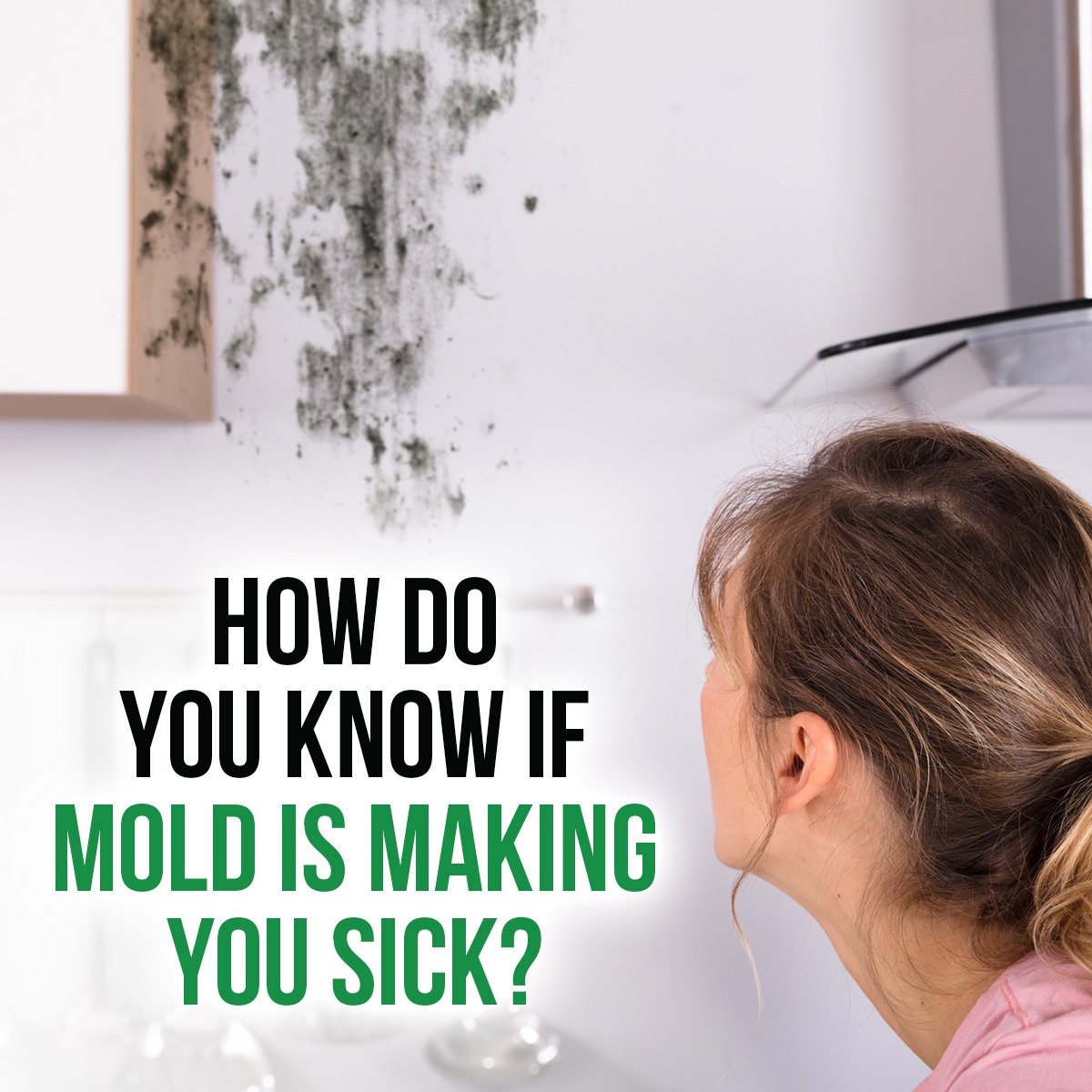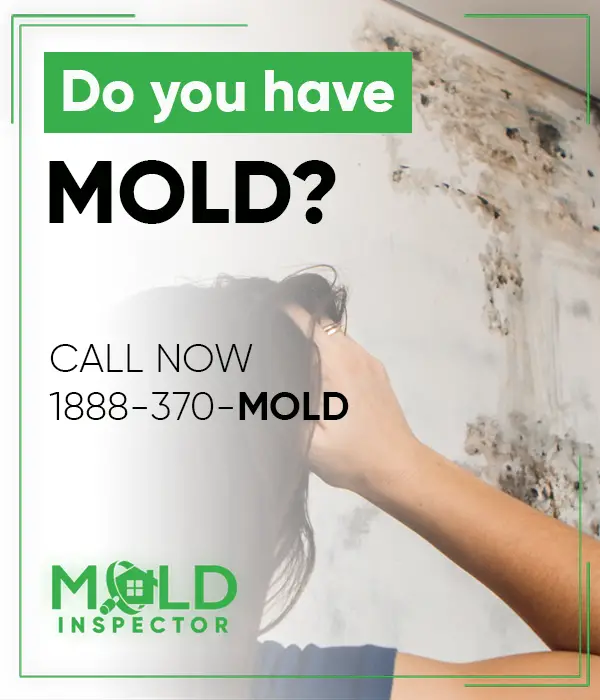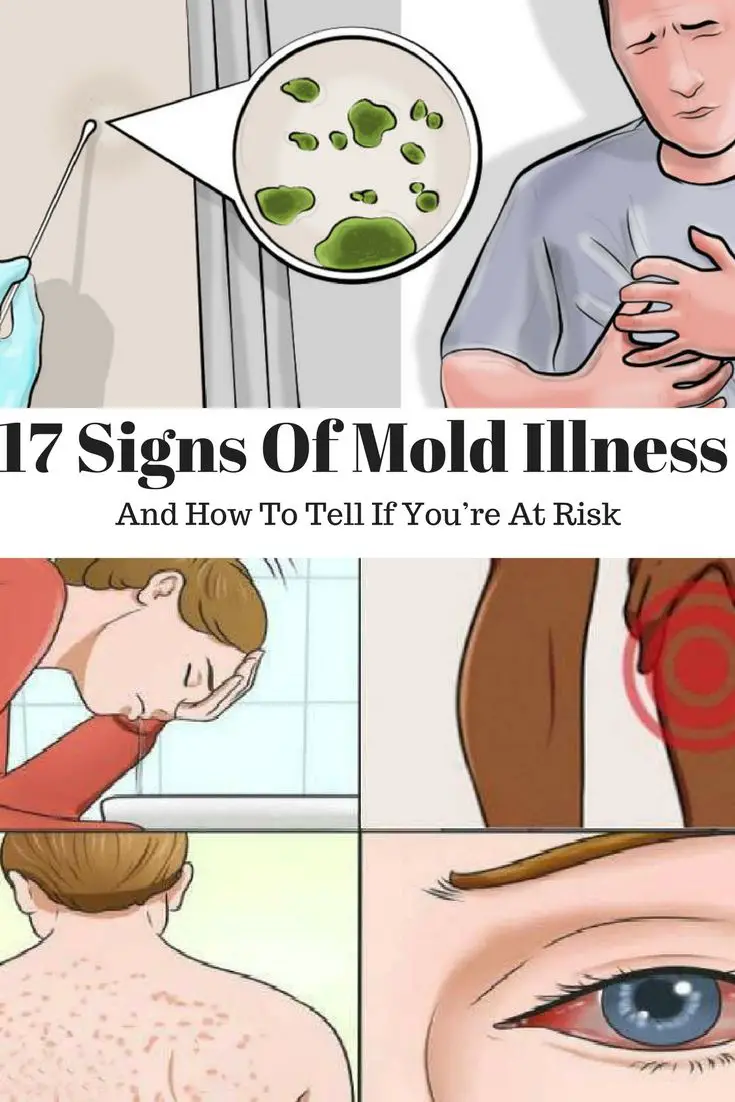What Is House Mold
Have you started to notice signs of mold growth in your home allergy-like symptoms, discoloration on surfaces, or even the distinct smell of mustiness in the air? These can all be signs of potential house mold growth within this indoor environment, and it is important not to ignore these indicators if present in your home. Household mold is a fungus that is versatile, allowing it the ability to grow in both indoor and outdoor environments where conditions for its growth and development are optimal. According to Medical News Today, mold can enter into your home through the air or even by attaching to objects or people that are brought into this environment, and thus allowing it to enter and grow rapidly on surfaces.
This type of fungus will spread rapidly throughout the indoor airspace through tiny spores that are unknowingly floating within this air in your home. These spores are called mold spores, these spores are minuscule reproductive seeds that move in the air in pursuit to attach to surfaces and begin its growth and development furthering the mold invasion in the environment. As mold spores travel in the air, the health risks become heightened since these small spores can easily become ingested and/or inhaled into the body, reaching deep into the recesses of the lungs and potentially into the bloodstream this can cause significant health issues quickly.
Also Check: How To Clean Mold From Boat Seats
Black Mold In Water Bottle Symptoms
People can be affected by black mold in different ways that often cause no symptoms at all. Some symptoms are common if someone is sensitive to mold. Symptoms like nose stuffiness, sore throat, wheezing, skin rash, red or itchy eyes and coughing. Sometimes causes some specific out comings like an asthma attack in people with asthma & finding breathing difficulty in those with a chronic respiratory disease.
You May Like: How To Clean Mold From Leather
What Are Microbial Volatile Organic Compounds
Another source of irritation from mold exposure comes from substances knownas microbial volatile organic compounds . These compounds are producedthrough fungal metabolism and are released directly into the air, often givingoff strong or unpleasant odors. Exposure to mVOCs from molds can irritate theeyes and respiratory system and has been linked to symptoms such as headaches,dizziness, fatigue, nasal irritation and nausea. The effects of mVOCs are notcompletely understood and research is still in the early stages.
Also Check: Removing Mold From Canvas
Mold Loves Damp Areas And Humidity
According to the American Lung Association, keeping a humidity level below 50 percent in your home will prevent mold growth. If you have humidifiers, leaky faucets, overflowing drip pans, or no exhaust fans, you are more prone to have mold growth in your home due to the amount of excessive moisture. Thoroughly cleaning common areas of the house, like the bathroom and kitchen, will prevent mold growth. Heating and cooling systems should also be periodically examined to ensure that they are properly functioning this will keep humidity and dampness from accumulating in your home.
Do you have proper ventilation when you are cooking? What about when you are showering? Heat-prone rooms like the kitchen, bathroom, and laundry areas, are ideal for mold growth. Heat and water create a humid, damp, and moist environment fostering mold growth. Ensure each site is adequately ventilated and cleaned regularly to keep your home safe and free of mold.
This article only covers a small portion of where to find mold damage and how to prevent it. To find out more information, take a look at our Complete Guide to All You Need to Know About Mold and see how you can further protect yourself from mold exposure.
How To Remove Black Mold Yourself

Did you know that its often possible to remove black mold yourself? Its true! Professional mold remediation can cost thousands of dollars and is often excluded from many homeowners insurance policies. But in many instances hiring a mold removal professional isnt necessary and black mold can be removed by a handy homeowner in less than one weekend of work.
If you feel like you may be a homeowner who is up to the challenge, weve written an eBook that gives step-by-step instructions on how to tackle your mold problem. For less than $20, we guarantee that youll save hundreds, if not thousands, of your hard-earned dollars.
You can purchase our eBook here:
And if youre not comfortable tackling the problem yourself, were happy to provide you a quote if youre in our service area. Just contact us for a completely free quote.
Bottom Line: No mold belongs in a healthy home. Be it black mold, or any other color of mold. It should all be treated the same. If you have mold, remove it.
Also Check: How To Clean Mold From Ceiling In Bathroom
Illnesses Caused By Mold
There link between health issues and mold exposure has increased over the years, with a list of illnesses cause by mold presence in your home lengthy with the most common of these illnesses being asthma and allergies, infections, and mold illness or toxic mold syndrome. Mold fungi can easily grow in your indoor environments and produce mild health symptoms like headaches, cough, throat issues, and other respiratory issues, along with other more significant health problems that can develop over-time as exposure progresses.
Below we are going to discuss the most commonly experienced illnesses caused by mold in your home.
Signs Of A Mold Illness
Read Also: How To Know If You Have Mold Allergies
You May Like: How To Get Rid Of Black Mold In Basement
You Notice A Bit Of A Musty Or Damp Smell
If you notice that your home has a bit of a moldy or musty smell to it, that might also indicate that there may be a mold issue.
“Many different mold species have different odors, so it is difficult to pinpoint the exact smell, however, if it is an odor that isn’t common in your home or building, then it should be investigated,” George Hernandez, the vice president of operations at PuroClean, told INSIDER.
Is Mold Making Me Sick
The unexpected bout of summer illness may actually be the cause of mold that is making you sick within your home. Although mold is a naturally-occurring fungal growth, it can be the result of tiny, microscopic mold spores in the air that can enter into the human body and trigger illnesses and health effects. When it comes to mold, there are really no safe species of this fungus to breathe in to the body, since they will all trigger responses internally that can progress symptoms sometimes aggressively.
The symptoms that one may experience from indoor exposure to mold and mold spores can vary from person to person, based on the conditions in the environment and the severity of the mold growth. According to Geisingers health and wellness article, they state that mold exposure can exacerbate symptoms such as headache, sore throat, runny nose, coughing, sneezing, watery eyes, and fatigue. In addition, those individuals who suffer from asthma may undergo an asthma attack with exposure to this fungus in the environment.
You May Like: Shower Ceiling Mold Removal
Do I Have Toxic Mold Poisoning
Last Updated on by Matt Pratt-Hyatt PhD
Home»Blog»Do I have Toxic Mold Poisoning?
Today Im going to deal with a common question, Do I have toxic mold poisoning? Another common question that is similar is Is mold really that serious, isnt mold everywhere? I will try and answer both of these questions. Most people are aware of mold because we see it every day.
There are literally thousands of mold species, however, not every species produces toxic compounds. However, water damage is becoming more and more common, which is leading to more mold exposure and mycotoxin production in homes, offices, and schools. However, even if the mold growth isnt producing toxins you might be reacting to the spores themselves.
Lets briefly talk about the two items you might be reacting to, what symptoms you might expect, and how to test to see if this is what is causing your problems.
How Does Mold Make You Sick
As we discussed prior, the impact that mold has on human health can vary but the process in which mold enters into the body and makes you sick can be through the same general mechanisms each and every time you are exposed. When mold begins to grow on the surfaces of your home it will go through the process of emitting mold spores into the air, allowing the microscopic spores the ability to float throughout the air in search of a surface to land on and begin its growth phase. During the transition of mold spores traveling in the air of your home the risks become heightened that inhalation or ingestion of these spores can occur in the human body, which will begin the start of the sick feeling in your body.
A 2004 study from the Institute of Medicine found the following in respect to indoor mold growth and human exposure, There was sufficient evidence to link indoor exposure to mold with upper respiratory tract symptoms, cough, and wheezing in otherwise healthy individuals those with asthma experienced asthma symptoms and those people with immune-mediated conditions were found to be susceptible to hypersensitivity pneumonitis. Additionally, other health ailments have been reported by those who have been faced with mold exposure such as a mold headache, mold sore throat, and even coughing caused by mold sickness from mold exposure indoors.
Mold Headache
Mold Sore Throat
Can Mold Cause Coughing?
Also Check: How To Get Rid Of Mold On A Bathroom Ceiling
What Medical Tests Are Available To Determine If I Am Allergic Tomold
There are medical tests to determine if you are allergic to a particularsubstance, such as mold. These can be performed on skin or blood. Skin testsare considered more reliable than blood tests to determine allergic reaction toa substance. Skin tests yield results more quickly, are less expensive thanblood tests and are generally considered more sensitive. If an individual hassymptoms year-round, which may indicate an indoor allergy, skin testing may berecommended.
Blood testing called the RAST test can be done to showif you are allergic to a substance. The RAST test detects levels of antibodiesto particular allergens. The test is expensive to perform and results areusually not available for about two weeks.
Is Mold Causing Your Symptoms

The symptoms described above can all be caused by exposure to mold, but they can all be caused by other things, too. It can be difficult to determine whether mold poisoning is causing your symptoms or if something else is going on. Let your doctor know if youve been exposed to mold in the home, as that information can aid your doctor in making a diagnosis.
If youre not sure if youve been exposed to mold or not, we recommend having a professional come in to test your home for mold. You can pick up mold test kits in many home improvement stores, but they arent always accurate, especially if the test isnt conducted exactly right. A professional knows exactly how to conduct the tests, and where in the home to test for mold, so youll get a much more accurate result. A professional can even identify the type of mold growing in your home, which may help your doctor in making a diagnosis and prescribing the most effective treatment for you. Follow the link to find a local professional that can test your home for mold.
You May Like: How To Remove Mold From A Ceiling
What Happens If You Eat Food With Mold
The thought of eating something moldy likely makes you want to gag. Most of the time, this is the only symptom youd get after eating moldy food. If somethings not right with your immune system and you eat something moldy, you might experience symptoms like:
- Vomiting
- Nausea
- Diarrhea
- If you had an allergy to mold, then you might have symptoms connected with it as well
If you notice mold on your food that you dont want to throw away, then USDAs guide on handling moldy food will be for you.
How Do You Prove Mold Is Making You Sick
- Score4.7/5
A blood test, sometimes called the radioallergosorbent test, can measure your immune system’s response to mold by measuring the amount of certain antibodies in your bloodstream known as immunoglobulin E antibodies.Read more
-
How do you prove mold is making you sick?
Watch Youtube video
- What happens if you cut off a spider’s leg?+ 36 related questions
Recommended Reading: Remove Mold From Shower Ceiling
When To See Your Doctor
See your doctor if you experience any of the above symptoms, especially if these symptoms last for more than a few days and dont respond to typical over-the-counter treatments or home remedies. If you think you have a respiratory infection, like bronchitis or pneumonia, you need to see your doctor as soon as possible.
Let your doctor know if you think your symptoms might be a result of mold poisoning. It wont always affect treatment, but sometimes it may. If your doctor thinks mold is causing or contributing to your symptoms, he or she will probably recommend having the mold removed from the home as soon as possible. Treatment may be of limited effectiveness if you continue to be exposed to mold.
What Are The Treatments For Mold Exposure
The first step in treating problems with mold exposure is to avoid the environment where the triggers are located. In short, the mold problem needs to be taken care of completely. If not, you will simply be managing the symptoms. It is also difficult to completely avoid any mold exposure, which means some medications or therapies will ease the symptoms rather than offer a cure. However, in conjunction with your physician, you should be able to enjoy an improved quality of life once you have had the mold removed and your immune system set back on track. Here are some of the treatments or medications that are used to address mold exposure.
Lifestyle changes may also need to be made for an individual to recover from mold poison. The primary consideration is removing the source of the toxin, either through mold remediation and cleanup or by taking yourself out of the environment. If you have found mold in your home, dont delay in having it removed. With a serious allergy to the substance, it isnt advised that you undertake the cleaning on your own. Professional help is advised if you want to thoroughly remove the contaminant without making the problem worse.
Read Also: How To Get Mold Off Ceiling In Bathroom
Can Mold Affect Your Brain
Inflammation: Mold spores act as irritants, which can trigger the body to mount an immune response. This can lead to inflammation throughout the body. Inflammation in the brain can impair cognitive function, and in the case of chronic inflammation, this can lead to long-lasting cognitive impairment.
Also To Know Is Can Mold On Window Sills Make You Sick
Some cases of windowsill mold can produce toxic mycotoxins, like black mold, which can make you sick. … Typical windowsill mold doesn’t pose a serious danger, but it can trigger allergies that come with uncomfortable symptoms. These symptoms may include sneezing, itchy or watery eyes, dry skin, a runny nose, and a cough.
Instructions:
Maybe You Like:
You May Like: How To Clean Up Mold In Basement
Do You Really Need Mold Removal
The presence of mold in homes is emblematic of a serious threat to the lives of the residents. Mold is such a word that sends shivers down the spine of homeowners. But what is it really about this dreadful intruder that leaves landowners and business owners panic-stricken?
Molds are fungi which are a part of our natural environment. Their growth is accelerated when they land in the damp areas of our homes. They preferably seek out warmer, humid climates or dead organic matter to feed on to prosper. Mold growth is favored when its indoors hence why mold removal is so important.
Short exposure to mold is insignificant in causing us harm. But a hefty exposure to these molds can undoubtedly cause many health problems.
Many of us are unable to detect mold in our homes and we unknowingly, develop allergies to mold. Therefore, it is of prime importance to get to know whether the mold is making you sick or not.
But a question arises here that how can you figure this out?
You are absolutely at the right place if you wish to get an answer to your question. Well unleash the facts and signs that will help you know whether the mold is making you sick or not.
First, lets become a bit more conversant with the mold and their targets in our homes and buildings.
Is There A Urine Test For Mold Exposure

Testing for mold exposure using a mold urine test might seem counter intuitive but it is actually the best way to find mold in the body. Mycotoxin exposure is a serious medical issues that can cause other health problems, Realtime Labs uses small urine test to determine if you have been exposed to toxic mold.
Don’t Miss: Remove Mold On Bathroom Ceiling
